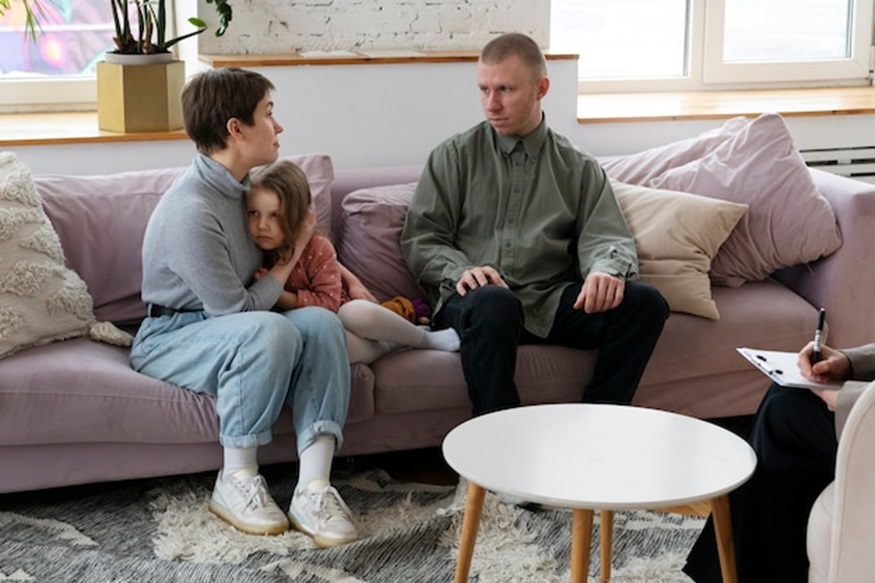
It can be a difficult and confusing experience for children when one or both of their parents is addicted to drugs or alcohol. Children of addicts often feel scared, powerless, and even guilty that they cannot do anything to help their parent(s). But it is important to remember that addiction is a serious illness and that you are not alone. This comprehensive guide aims to provide children of addicted parents with the information and resources they need to better understand addiction, cope with its effects, and build a strong support system for themselves. Through understanding their parent’s addiction, children can take steps toward a healthier, more fulfilling life.
The Key Signs of Substance Abuse
The signs of substance abuse in a parent may be subtle and vary from person to person. Some common indicators include:
- Change in behavior, such as mood swings or extreme irritability.
- Isolation from family and friends.
- Increased secrecy.
- Decline in physical appearance and personal hygiene.
- Neglecting responsibilities such as work or parenting duties.
- Increased risky or criminal behavior.
- Loss of interest in hobbies and activities.
- Drastic changes in appetite or sleep patterns.
- Financial difficulties.
- Unexplained absences.
- Sudden changes in social circles, such as new friends.
It is important to remember that these may not all be present in every case, and some changes can be more subtle than others. If you have noticed any of the above signs in your parent, it may be a sign that they are struggling with addiction. In this case, knowing how to deal with drug addicted parents can be invaluable. Remember that it is not your fault, and you are not alone. By learning about the signs and symptoms of addiction, you can better support yourself and your family.
What Can You Do to Help?
As a child of an addicted parent, you are in a difficult and often confusing position. You may feel scared, guilty, or powerless to help your parent; however, there are concrete steps you can take to better understand and support them. Here are a few ideas:
- Educate yourself about addiction and its effects – the more you know, the better equipped you will be to cope.
- Talk to your parent or a trusted adult about your concerns – it can be hard to broach the subject, but talking openly and honestly is often the best way to help.
- Build a strong support system for yourself – reach out to family and friends who can offer advice and understanding.
- Find professional help – your school counselor or family doctor can be a great resource for advice and support.
- Take care of yourself physically and emotionally – be sure to get enough rest, exercise, and nutrition. Make time for activities that make you feel good.
- Be patient with your parent – it is important to remember that addiction is a serious illness, and recovery will take time.
By taking these steps, you can better cope with the effects of your parent’s addiction and help them on their path to recovery. You may also seek professional addiction treatment in Vero Beach to assist you in this process. A qualified addiction professional can help you better understand the dynamics of your family and find ways to support each other.
Warning Signs You Shouldn’t Ignore
In some cases, substance abuse can have serious consequences for both the addict and their family. If any of the following signs are present, seek professional help immediately:
- Physical or verbal abuse of family members.
- Loss of control over substance use.
- Overdose or other medical emergencies.
- Suicidal thoughts or behavior.
If you are concerned for your parent’s health and safety, it is important to speak up. Reach out to a trusted adult or mental health professional for help. And if anything is ever happening that feels dangerous to you or someone else, call 911. Remember that help is available, and you are not alone in this process.
To Sum It Up
We hope this guide has provided you with the information and resources necessary to better understand and cope with the effects of an addicted parent. Addiction is a serious illness, and having a family member suffering from substance abuse can be a difficult situation. However, seeking help and talking to others about your experiences can be invaluable in finding support and hope for the future.
 Living With Healthy Hunger Health Blog
Living With Healthy Hunger Health Blog

